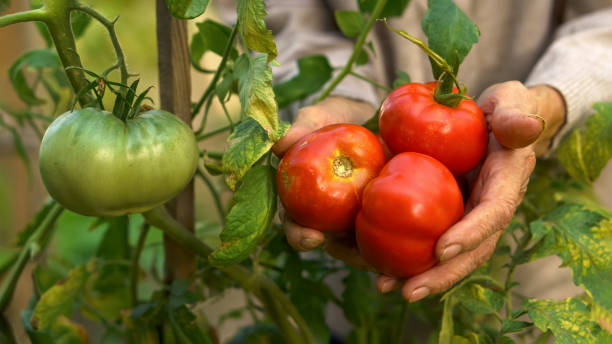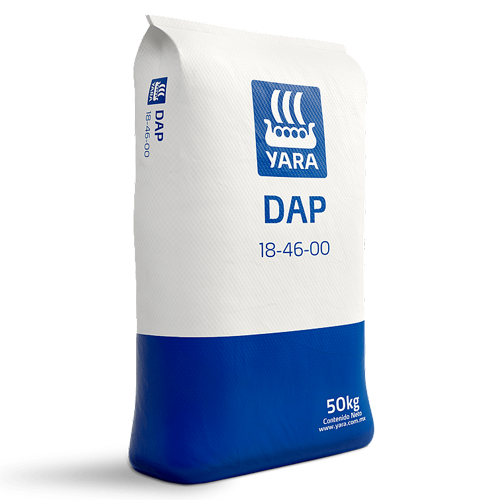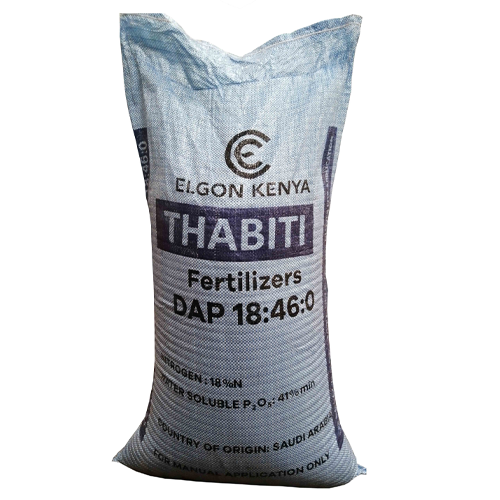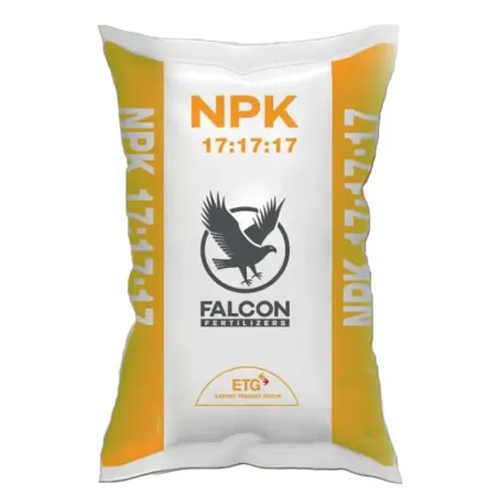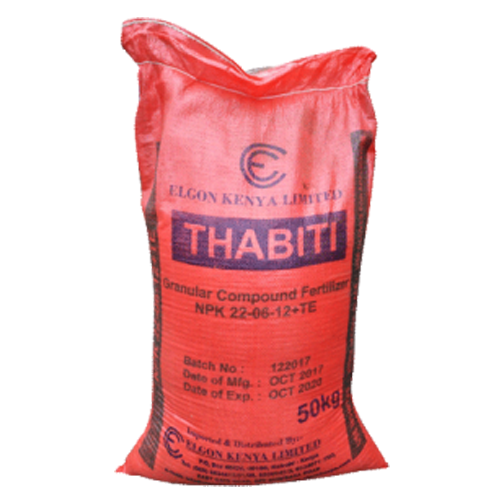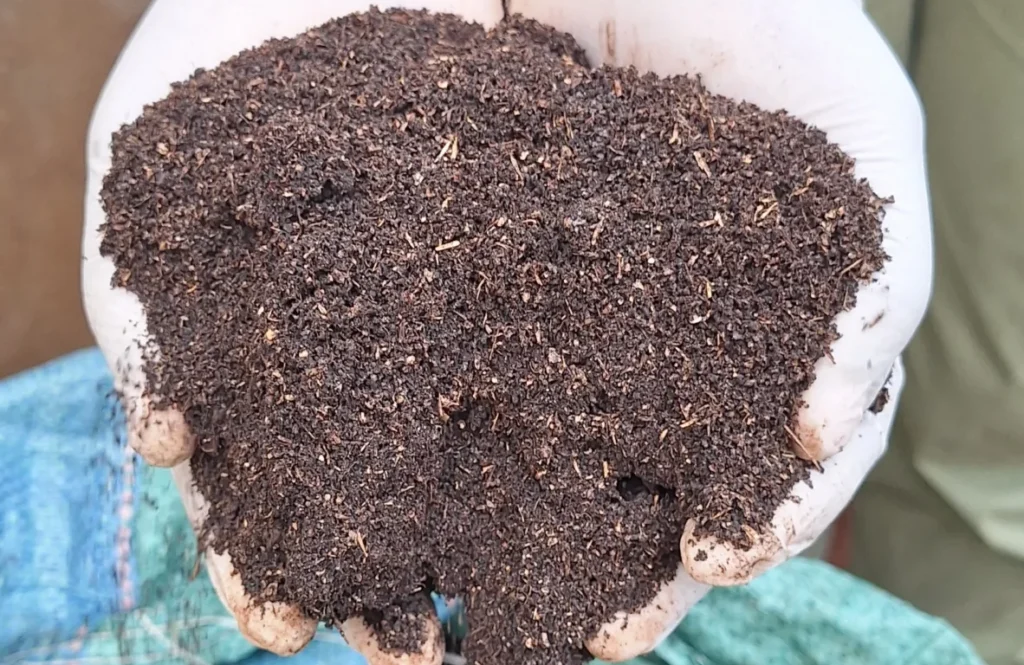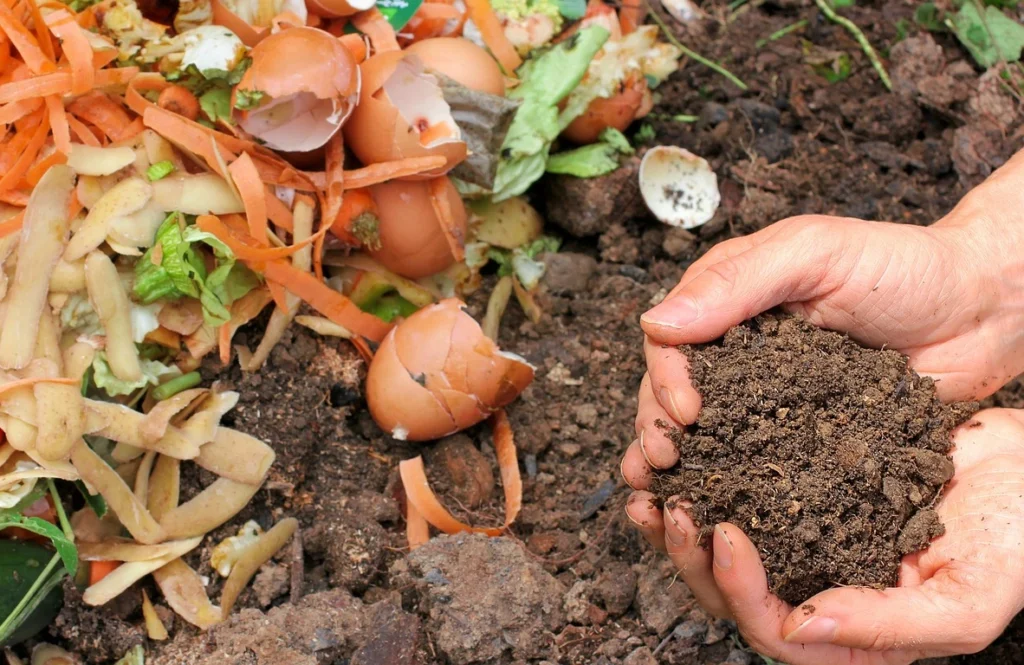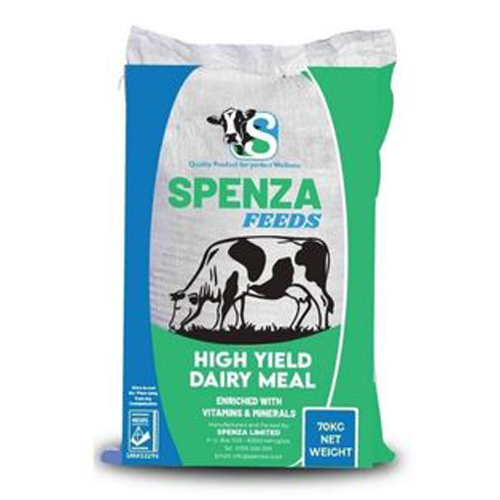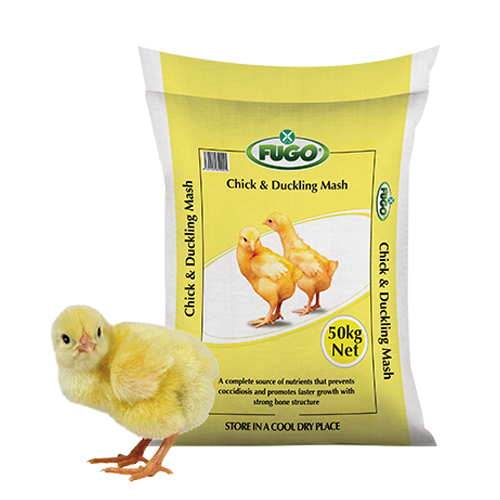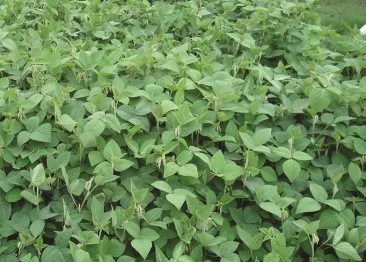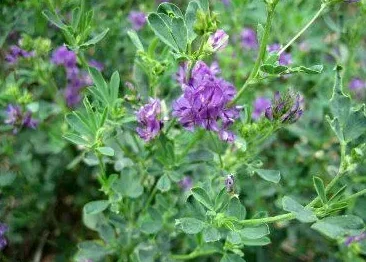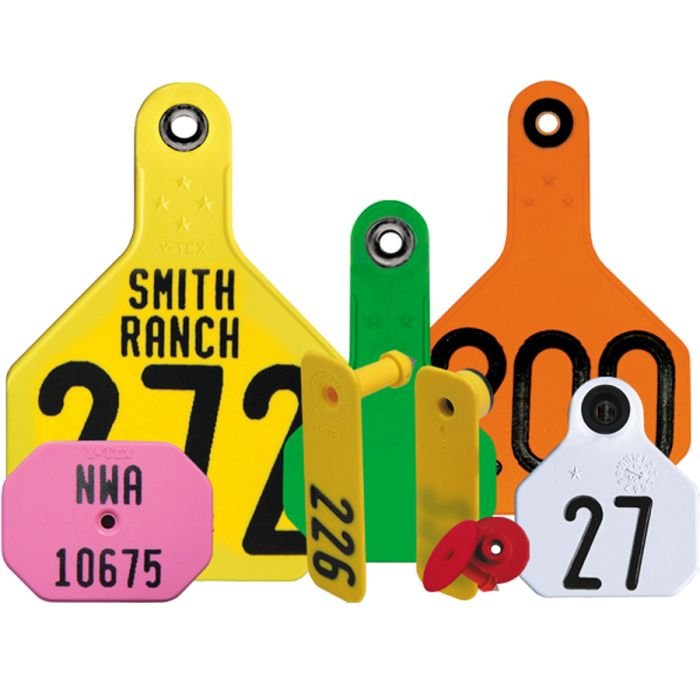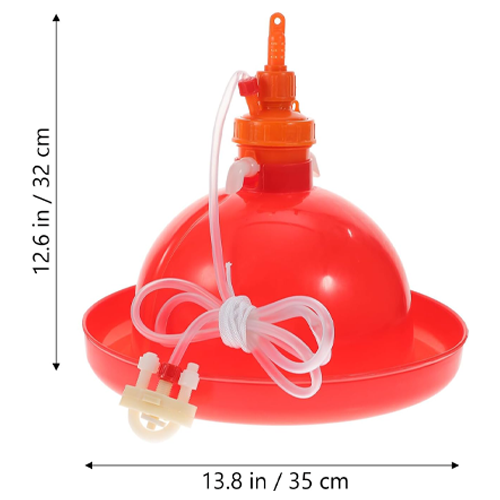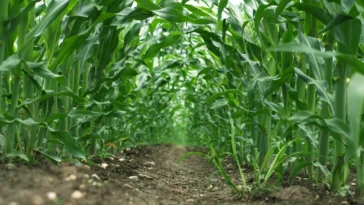Farming in Kenya has gained interest in recent years due to improved technology, high demand for food, increased demand for healthy and chemical-free food (organic food), and increased need for income diversification. However, planning and ensuring you have the right resources and tools is essential before venturing into farming in Kenya. Whether you are a beginner or a seasoned farmer, doing organic farming or conventional farming, buying quality farm inputs is vital to ensuring increased productivity and profits for your farm. This guide will highlight the top 6 must-have farm inputs every Kenyan farmer must have.
Table of Contents
What are Farm Inputs?
Farm inputs are the resources used in agricultural production. Farmers use them to enhance crop yields, improve livestock production, and enhance the profitability of their farms. They include seeds, fertilizers, agrochemicals, tools & equipment, animal feeds & supplements, veterinary essentials, and services such as agricultural advisory, irrigation, soil testing, veterinary services, and marketing.
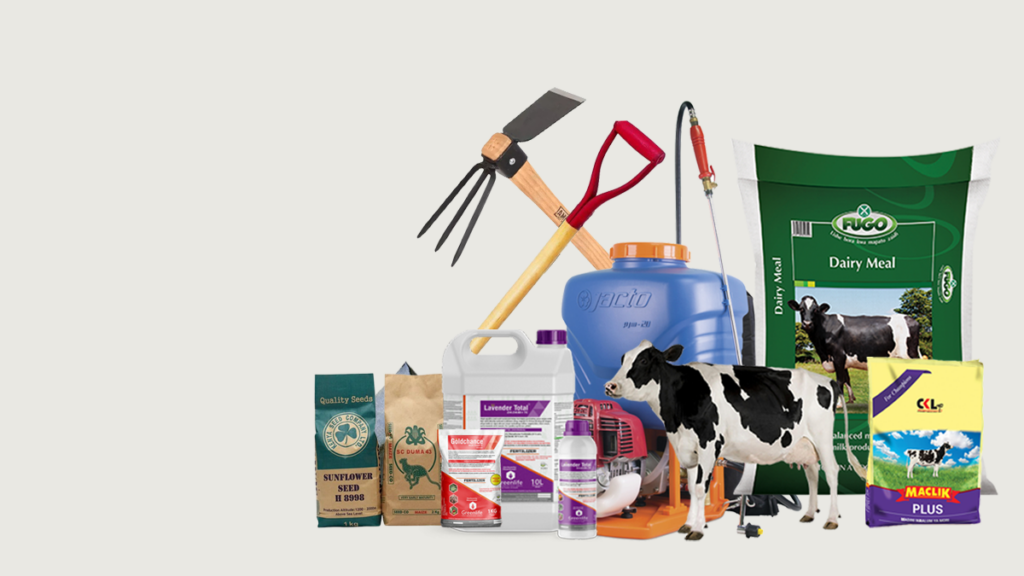
Why farm inputs are important
Whether you are an organic farmer, conventional farmer growing crops or keeping livestock, farm inputs play a critical role in:
i. Increasing crop yields and quality
Using high-quality certified seeds, fertilizer, and crop protection products directly contributes to higher yields and better crop quality. For instance, high-quality seeds are often resistant to diseases while fertilizers provide crops with essential nutrients for higher yields and more uniform growth, leading to increased productivity.
ii. Improved livestock health
Farm inputs such as animal feeds, feed supplements, and veterinary essentials promote better animal health, productivity, and welfare. Veterinary products such as vaccines and antibiotics help prevent and manage animal diseases, thus reducing the farm’s mortality rate. Additionally, animal feeds and feed supplements provide farm animals with the required nutrients, increasing the production of animal products such as meat, milk, and eggs.
iii. Enhanced farm profitability
Efficient use of inputs such as fertilizer and pesticides, integrated with sustainable agricultural practices such as intercropping and crop rotation, can lead to increased yields and reduced production costs, boosting farm profitability.
iv. Sustainable Production and Food Security
Using sustainable practices such as integrated pest management and organic farming inputs minimizes chemical-based farm inputs, which protect the environment and promote sustainable agricultural production. Further, using quality farm inputs helps increase agricultural production and productivity, increasing access to safe and nutritious food.
v. Economic development
The agricultural sector heavily depends on farm inputs, playing a significant role in the overall economic development of a nation.
Top 6 Must-Have Farm Inputs for Farming in Kenya 2025
1. Quality Certified Seeds
To have high yields and ensure your farm is profitable in Kenya, one must use high-quality certified seeds. High-quality certified seeds ensure increased crop productivity since they are:
- Genetically pure
- Have a high germination rate
- Free from major crop diseases and pests
- Have good traits such as drought tolerance or disease resistance
In Kenya, seed certification is done by the Kenya Plant Health Inspectorate Services (KEPHIS). All seeds must be tested and certified to meet the gazetted minimum standards. Once, certified KEPHIS labels the seed pack with a “sticker”, which includes a scratch code that farmers can use to verify the seed’s authenticity. Thus, ensure you purchase your seeds from registered seed merchants and that the seed pack has a KEPHIS “sticker” that you can use to verify its authenticity.
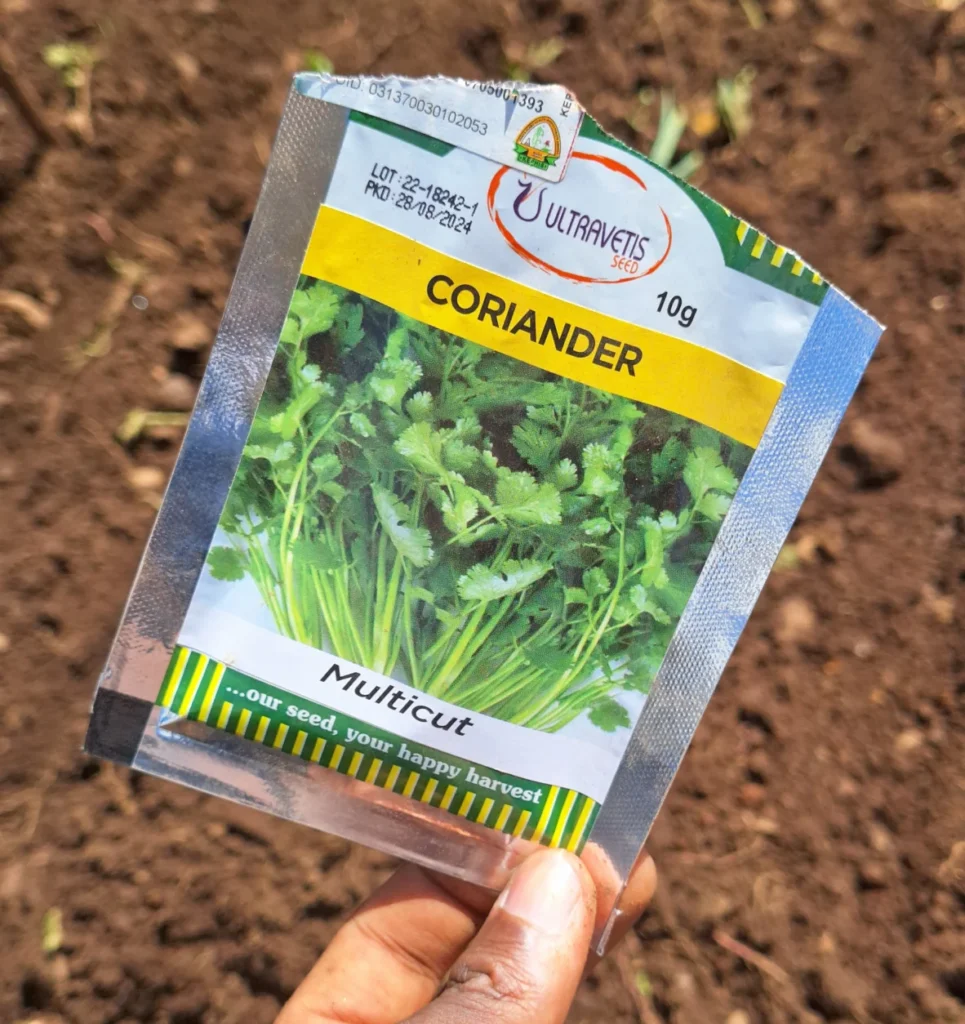
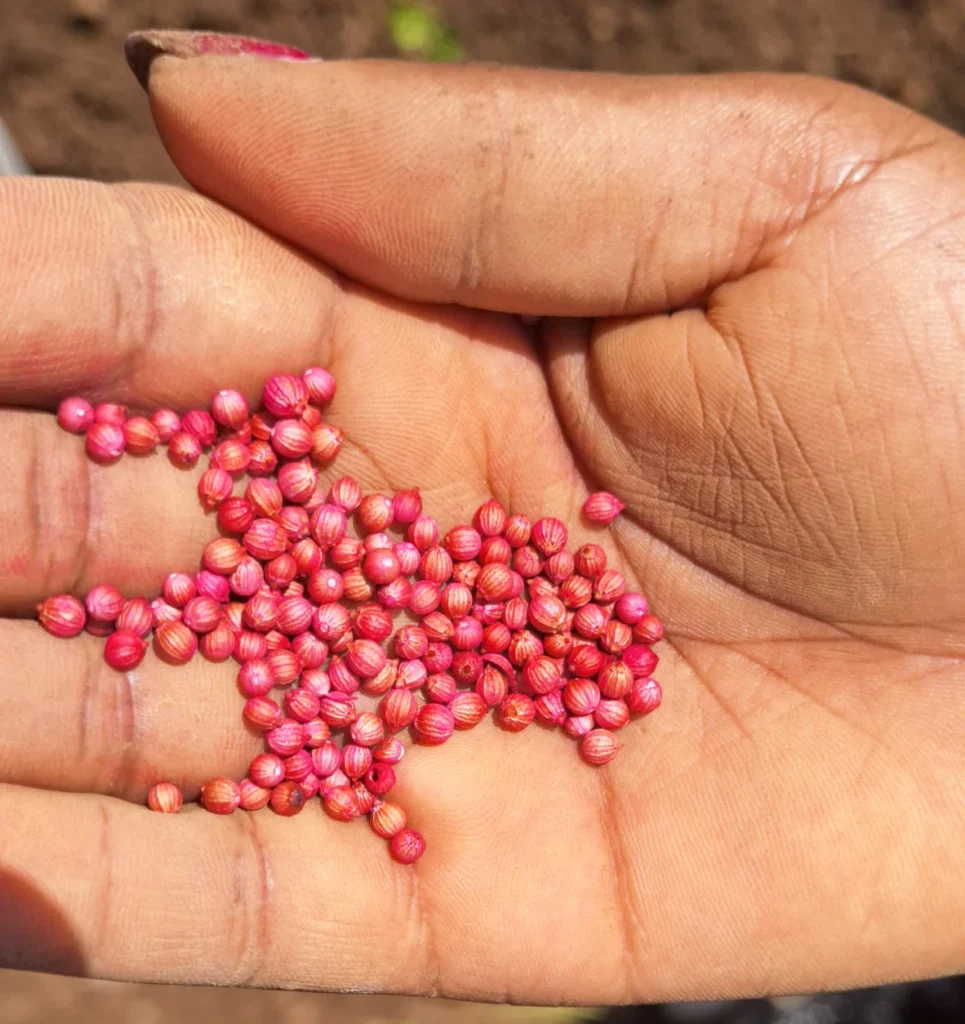
2. Fertilizers
Fertilizers play a significant role in ensuring that plants have essential nutrients for optimal growth and development. There are different types of fertilizers available for Kenyan farmers. They include:
- Organic fertilizers
- Inorganic / Chemical / Synthetic fertilizers
The main difference between the two types of fertilizers is that nutrients in organic fertilizers decompose over time, while synthetic or inorganic fertilizers allow plants to rapidly uptake nutrients.
i. Inorganic type of fertilizers
Inorganic, or synthetic fertilizers, are chemically manufactured to help plants fulfill their specific macronutrient requirements. The main advantages of inorganic fertilizers are: they are economical, easy to use, and readily accessible to plants. The disadvantage of inorganic fertilizers is that they are naturally acidic. Thus, over-application of synthetic fertilizers may make soils inhabitable for essential microorganisms that play a key role in improving soil health. Additionally, excessive use of artificial fertilizers could lead to environmental pollution and global warming.
Synthetic fertilizers are typically manufactured in different forms, which include:
- Liquid Fertilizers are made up of dissolved or suspended nutrients, which can be applied directly through irrigation systems (fertigation).
- Granular Fertilizers – This type of fertilizer comes in solid particles suitable for broadcast application.
- Powder Fertilizers – This type of fertilizer comes in a finely ground, powdery form, making it easy to mix with soil for quick soil nutrient absorption by crops.
Synthetic fertilizers can be categorized further depending on their nutritional composition:
Nitrogen (N) Fertilizer Type
Nitrogen fertilizers are rich in Nitrogen. Nitrogen is a vital nutrient for plants in their middle phase, where they need the most support to keep growing and leafing out. Examples of chemical nitrogen-based fertilizers in Kenya are Urea, Ammonium Nitrate (AN), Ammonium Sulfate, and Calcium Ammonium Nitrate (CAN).
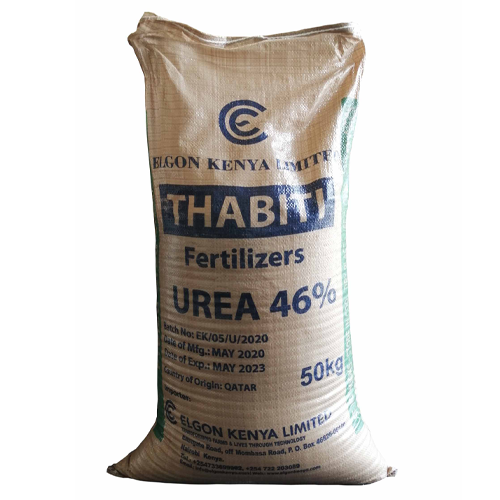
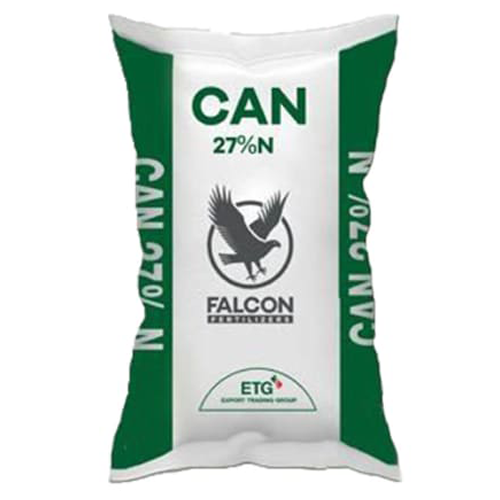
Phosphorus (P) Fertilizer Type
Phosphorus fertilizers are rich in phosphorus, essential for root development, flowering, and fruit production. The most common types of chemical Phosphorus Fertilizers are Single superphosphate (SSP), triple superphosphate (TSP), diammonium phosphate (DAP), ammonium dihydrogen phosphate (ADP), and ammonium polyphosphate (APP) liquid.
Potassium (K) Fertilizer Type
Potassium-based fertilizers help provide plants with Potassium, an essential nutrient that promotes the overall health of crops by regulating water uptake, aiding in disease resistance, and supporting enzyme activation. Potassium Chloride (Muriate of Potash) and Potassium Sulfate are common types of potassium fertilizers.
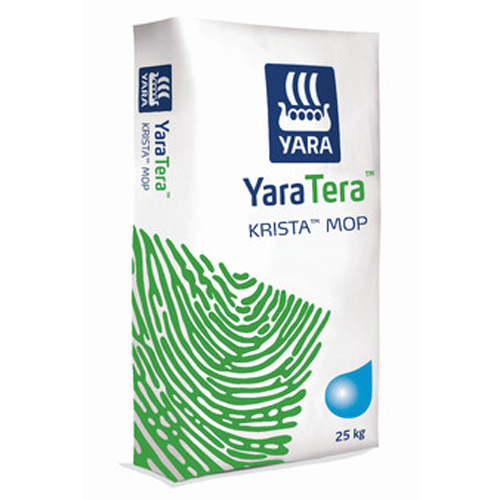
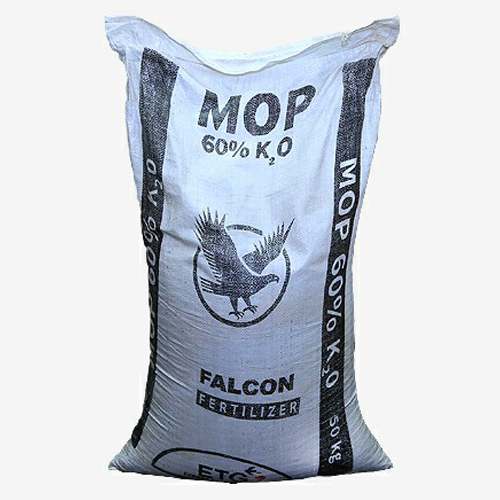
Compound (NPK) Fertilizer Type
NPK fertilizers contain varying levels of Nitrogen (N), phosphorus (P), and Potassium (K) to help plants fulfill specific nutritional requirements in different soil types. The most common types of NPK Fertilizers in Kenya include NPK 17:17:17, NPK 13:2:44, NPK 23:23:0, NPK 11:46:14, NPK 6:13:46, NPK 30:10:10, NPK 12:5:45.
Sulfur, Magnesium, And Calcium Fertilizer Types
Sulfur, magnesium, and calcium fertilizers contain secondary nutrients such as Sulfur (S), magnesium (Mg), and calcium (Ca). Even though they can be applied separately, they are often found in compounds within other fertilizers.
Micronutrient Fertilizer Type
Micronutrient fertilizers comprise nutrients essential for plant growth but are required in small quantities. They include nutrients such as iron (Fe), manganese (Mn), molybdenum (Mo), boron (B), zinc (Zn), chlorine (Cl), and copper (Cu). Since they are required in small quantities, foliar fertilization is typically the most effective way to address a micronutrient shortage.
ii. Organic type of fertilizers
Organic fertilizers are soil amendments made from natural materials to enhance plant growth and soil health. They are often made from plant or animal matter and contain a single component, making them easy to modify to a plant’s specific nutrient requirements. Types of organic fertilizers in Kenya include:
- Plant-based organic fertilizers – Compost, compost tea, alfalfa meal, kelp meal, molasses, cover crops,
- Animal-based organic fertilizers – manure, manure tea, Black soldier fly (BSF) frass, Vermicompost, bone and blood meal, urea, and fish emulsion.
3. Crop Protection Products
Crop protection products are substances or compounds that help farmers control crop diseases, pests, and weeds. They include insecticides, fungicides, herbicides, nematicides, and biopesticides.
- Insecticides are chemical products made to help farmers control insect pests that attack crops and crop products after harvest. They include contact insecticides, which kill by contact, or systemic insecticides, which are absorbed by plants and kill insects feeding on them.
- Fungicides help farmers protect their crops from fungal diseases such as blight, mildew, and rust.
- Herbicides are chemical compounds formulated to help farmers control farm weeds.
- Nematicide – these are chemical compounds used to control harmful plant parasitic nematodes. Plant parasitic nematodes are a significant concern for most farmers in Kenya since they feed on plant roots, leading to stunted growth and reduced yields.
- Biopesticides are naturally occurring substances (biochemical pesticides) that control crop pests. Biopesticides are often derived from natural sources such as bacteria, fungi, viruses, or plants.
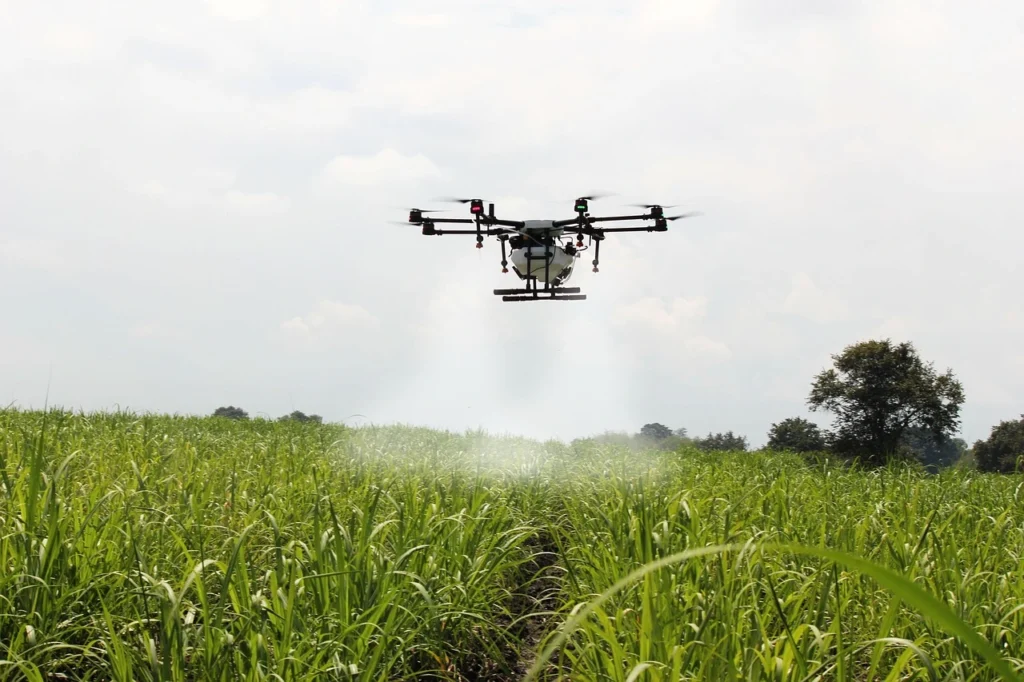
4. Animal Feeds
Animal feeds are plant or animal-origin substances grown or formulated for farm animal consumption. Today, feeds are made using specific ingredients to provide animals with essential nutrients for increased growth, productivity, and improved health. The basic nutrients animals feed must have include carbohydrates to provide energy, protein for body building and growth, minerals and vitamins to help in body building and regulating the biological processes, and water to help in heat regulation, biological processes, and the production of products such as milk, eggs, and meat. The common animal feed types in Kenya include: roughage and concentrates.
i. Concentrates
Concentrates are feed materials containing a high density of nutrients but low in crude fibre content. There are two main types of concentrates: energy concentrates and protein concentrates. Energy or Carbohydrates concentrates include fat, molasses, cereals, grains, and their by-products – maize, barley, corn, oats, wheat. Protein concentrates include soybean, canola, cottonseed, peanut (groundnut), sunflower, fishmeal, azolla, Black soldier fly meal, and other animal by-products. Concentrates can be fed to animals raw or milled as individual feeds or formulated into a balanced ration (Compound feeds) for a specific production system or animal species.
Compound feeds can be mixed on-farm by the farmer or by commercial animal feed companies. Example of compound feeds in Kenya: dairy meal, broiler feeds, layer mash, growers mash, chick and duckling mash, starter crumbs, finisher pellets, Kienyeji layers mash, fish feeds, pig feed – sow and weaner.
ii. Roughage
Roughages are feeds with low nutrient density but high fibre content. They include pasture grasses, nappier grass, hay, silages, wheat straw, barley straw, sweet potato vines, Fodder beets, and maize stalks. Pasture grasses can grow naturally or be planted by farmers using pasture seeds. Common pasture grasses in Kenya include Kikuyu grass, Rye grass, Star grass, Rhodes grass, while the common legumes are Lucerne, Clover, Desmodium, and Alfalfa.
5. Veterinary essentials
Veterinary essentials are one of the most significant farm inputs for livestock farmers. They include products and equipment used to care for and treat farm animals (cattle, poultry, sheep, and goats) and pets. This includes feed supplements, diagnostic tools, vaccines, antibiotics, and parasite control products – acaricides and dewormers.
6. Farm tools and equipment
When starting farming in Kenya, one could choose from numerous tools and equipment to ensure their farms run smoothly. Farm tools and equipment can be categorized based on their use. These categories include:
- Manual tools and equipment. – they include wheelbarrow, watering cans, sprayers, Screw, rake, sickle, pick mattock, machete/panga, iron fork hoe, hammer, sprinkler, irrigation system equipment, shovel, spade, steel hoe, slasher, weighing bands, soil testing kit, and farm CCTV cameras
- Animal related tools – they include, needle, syringe, treatment gun, drench gun, hoof pick, hoof knife, hoof nipper, hoof file (rasp), ear tags, ear tag applicator, calf Suckling Preventers, drinking bowls, temperature and humidity meter, poultry feeders, poultry drinkers, plastic poultry mesh, poultry drinking system, brooder equipment and pigs nipple drinkers.
- Milk and milking equipment and tools – milk weighing scale, milk bucket, teat dip, udder clipping, strip cup, California Mastitis Test (CMT) kit, weighing jugs, and milk can,
- Feed and fodder tools – Chaff Cutter, chopper, cereals grinding machine, feed mixer, silage bags.
Thinking of starting farming in Kenya in 2025? Invest in the right farm inputs from the very beginning. At AgriJibu, we’re here to walk with you every step of the way, from planning to supplying you with a wide range of high-quality farm inputs tailored to your needs.
